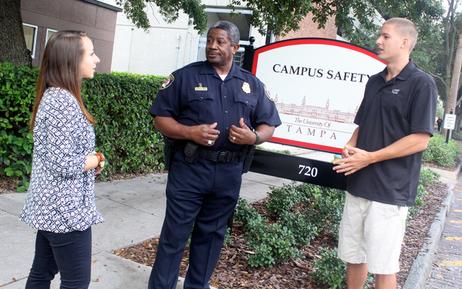As you enter into your freshman year of community college, are you already imagining your earned cap and gown on graduation day? Despite goals and ambitions of completing a community college program, research conducted by the academic journal Community College Review reveals that there are specific factors that may indicate whether or not freshman students return to subsequent semesters while continuing to complete their degree.
As the authors David and Renea Fike reveal, “Though it costs more to recruit new students than it does to retain current students, institutions often focus on student recruitment rather than student retention […] Institutions budget for recruiters and associated expenses such as travel and recruiting materials. Recruiting is essential for getting students enrolled. But once they are enrolled, what are institutions doing to retain them?”
Why is Student Retention Important?
According to Fike, student retention is important for various significant reasons. At the basic level, retention rates are necessary for a school’s financial stability and sustained academic progress. Adding to this, “The federal Higher Education Act may use graduation rates as a measure of institutional effectiveness.” On a more personal level, students deserve to engage in a positive collegiate experience, where they are able to “complete their academic goals, and enter the workforce.”
Analysis of Community College Students and Graduation Expectancies
Currently, the average attrition rate of community college students is approximately 41% from the first to the second year of school. To improve the success of students and school performances,






















